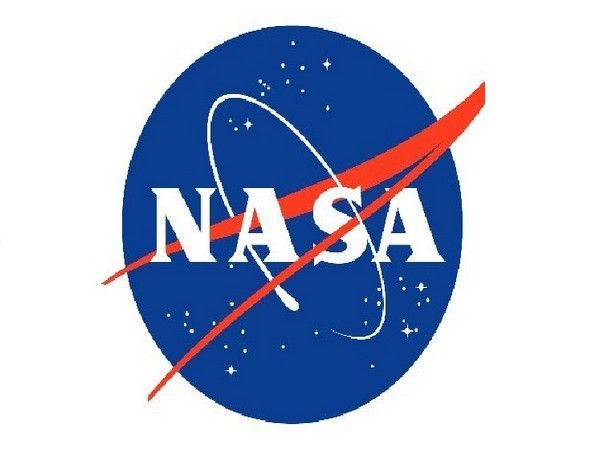Science News Roundup: NASA, SpaceX launch 4 more astronauts into orbit on flight to space station; NASA pushes back time frame for human moon mission to 2025 and more
The findings detailed on Wednesday document a shared genetic ancestry for the hundreds of millions of people who speak what the researchers call Transeurasian languages across an area stretching more than 5,000 miles (8,000 km). International Space Station to manoeuvre higher to swerve satellite junk The International Space Station will perform a brief manoeuvre on Wednesday to dodge a fragment of a defunct Chinese satellite, Russian space agency Roscosmos said.

Following is a summary of current science news briefs.
NASA, SpaceX launch 4 more astronauts into orbit on flight to space station
NASA and private rocket company SpaceX launched four astronauts into orbit late on Wednesday, sending a veteran spacewalker, two younger crewmates chosen for future lunar missions and a German materials scientist on their way to the International Space Station. The SpaceX-built launch vehicle, consisting of a Crew Dragon capsule and a two-stage Falcon 9 rocket, blasted off from NASA's Kennedy Space Center in Florida at about 9 p.m. (0200 GMT Thursday), with a reddish fireball lighting up the night sky as its nine Merlin engines roared to life.
Japanese-Korean-Turkish language group traced to farmers in ancient China
A study combining linguistic, genetic and archaeological evidence has traced the origins of the family of languages including modern Japanese, Korean, Turkish and Mongolian and the people who speak them to millet farmers who inhabited a region in northeastern China about 9,000 years ago. The findings detailed on Wednesday document a shared genetic ancestry for the hundreds of millions of people who speak what the researchers call Transeurasian languages across an area stretching more than 5,000 miles (8,000 km).
International Space Station to manoeuvre higher to swerve satellite junk
The International Space Station will perform a brief manoeuvre on Wednesday to dodge a fragment of a defunct Chinese satellite, Russian space agency Roscosmos said. The station crewed by seven astronauts will climb 1,240 metres higher to avoid a close encounter with the fragment and will settle in an orbit 470.7 km (292 miles) above the Earth, Roscosmos said. It did not say how large the debris was.
U.S. VP Harris announces expanded cooperation on space issues after meeting Macron
U.S. Vice President Kamala Harris announced an expanded cooperation on space and cybersecurity issues after a meeting with French President Emmanuel Macron. Harris and Macron agreed to establish a "U.S.-France Comprehensive Dialogue on Space" to enhance civil, commercial, and national security space cooperation, the White House said in a statement.
NASA pushes back time frame for human moon mission to 2025
NASA is extending its target date for sending astronauts back to the moon to 2025 at the earliest, the U.S. space agency's chief said on Tuesday, stretching out by at least a year the timeline pronounced under former President Donald Trump. Trump's administration had set the aggressive goal of returning humans to the lunar surface by 2024, an initiative named Artemis intended as a stepping stone toward the even-more-ambitious objective of sending astronauts to Mars.
(With inputs from agencies.)
ALSO READ
Trump Appoints Louisiana Governor as Special Envoy to Greenland
Trump Administration Shakes Up US Diplomatic Corps
Keir Starmer Engages with Trump on Ukraine War and New Ambassador
Trump Appoints Jeff Landry as Special Envoy to Greenland Amid Controversy
Starmer and Trump Discuss Path to Peace in Ukraine










